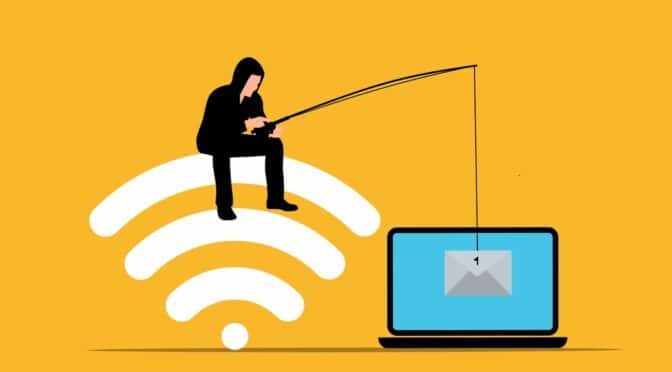by Nick Taylor
Here are five reasons to call Congress and the people who represent you to tell them to say No! to things that will hurt you and other Americans.
Congress and the Trump administration want to reduce or eliminate longstanding tax deductions, reduce our rights to be heard in court, give us bad education and higher student debt, and increase our exposure to dangerous chemicals and bad air and water.
1. Protect Your 401(k)
They want to limit the amount of money you can contribute to this important account for your retirement.
The latest must-pass item on the GOP agenda is laughingly called “tax reform,” but it’s essentially a tax cut for wealthy Americans. Estimates say it will add $1.5 trillion to the national deficit over ten years. How are they planning to pay for it?
One thing they want to do is cut the amount of money you can contribute to your 401(k) retirement account. The 401(k) has been around since 1978. It allows you to pay toward your retirement and reduce, or defer, the income reported on your tax return by that amount — up to $18,000 a year. The idea is that you draw out and report that income later, when you’re retired and making less. And that means you pay less in federal income taxes.
So the proposal to reduce the amount you can contribute to your 401(k) in a given year means you would report more income, pay more in taxes, and put away less for your retirement. That’s to pay for a tax cut for rich folks.
2. Protect Your Right To Deduct Mortgage Interest And State And Local Taxes
Deductions for mortgage interest and state and local taxes have long been a part of the federal tax code. The mortgage interest deduction encourages home ownership, and their homes are most people’s main financial asset. Deductions for state and local taxes mean you’re not doubly and triply taxed for government services that you receive.
Eliminating this deduction would strike hardest at high tax jurisdictions in places like New York and California, meaning it would also penalize Democrats.
3. Protect Your Right To Sue The Bank Or Credit Card Company That Cheats
Until last summer, if you had a bank account or credit card, you probably signed something that says you couldn’t sue the bank or credit card company for damages if they did something wrong, like letting hackers steal your information. Instead, you had to resolve the dispute in individual arbitration with no right of appeal.
After the egregious Wells Fargo frauds involving fake accounts and fake insurance, the Consumer Financial Protection Bureau changed the rule to allow harmed consumers to mount class action suits.
Then on October 24, 2017, the Senate repealed that rule on a split vote of 50 to 50, with Vice President Mike Pence breaking the tie in favor of the financial industry. That was a vote against consumers.
4. Keep A Ban On A Dangerous Pesticide
Clean air and water used to be a bipartisan no-brainer, but with Scott Pruitt in charge of the Environmental Protection Agency, protections for both have been reversed. Before Pruitt, the agency had planned a ban on the outdoor use of a Dow Chemical nerve gas pesticide called chlorpyrifos. It had already been banned for indoor use. But now, writes Nicholas Kristof in The New York Times, the EPA has rejected the ban and will let chlorpyrifos be used on crops and golf course and other places it can enter the food chain.
5. Keep Financial Predators Out of Public Education
Finally, with the charter school and for-profit education advocate Betsy DeVos in charge of the Department of Education, the very notion of public education as necessary to society is dwindling. At the same time, DeVos has stalled efforts to free graduates of crushing student loan debt.
She also appointed Julian Schmoke to head the unit that polices federal financial aid and should make sure that unscrupulous schools don’t take advantage of students and federal aid. But Schmoke was a dean at DeVry University, a for-profit-school that settled a lawsuit with FTC for $100 million, which charged it allegedly misled students about the worth of the education it offered.
So pick your reason to contact the people who are supposed to work for you in Washington. Five may overtax their attention spans, but any one of them will help urge us back toward a society that works for most Americans and less for special interests.
You can call Congress and the U.S. Capitol switchboard for both the Senate and the House: (202) 224-3121.
If you don’t know who to call in Congress, you look up your representative here. You can find your U.S. Senator here.



